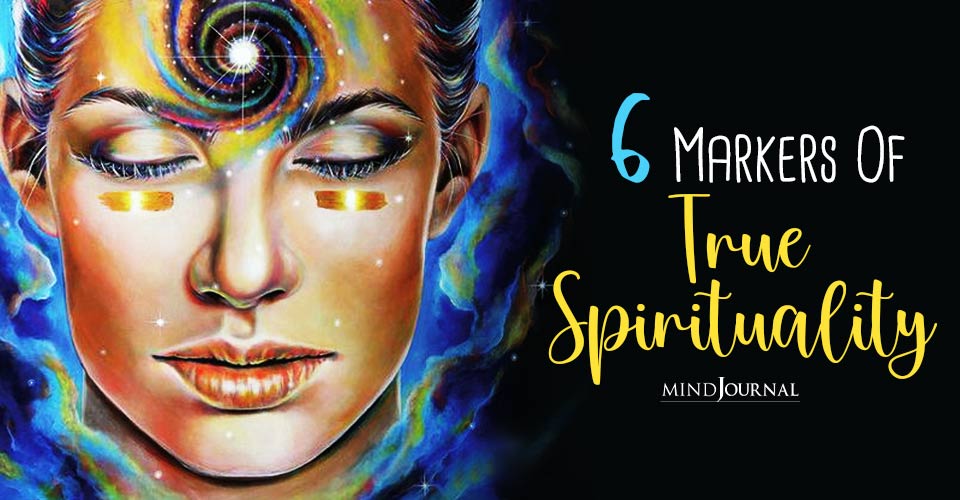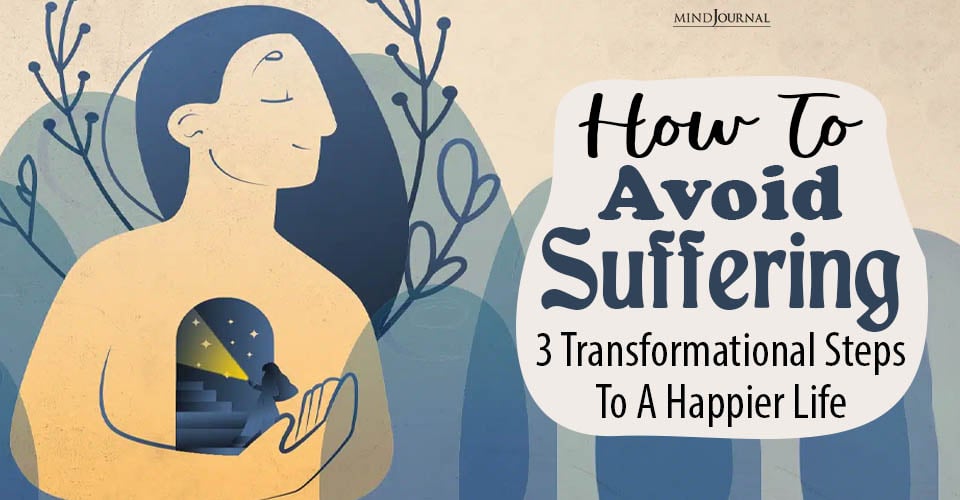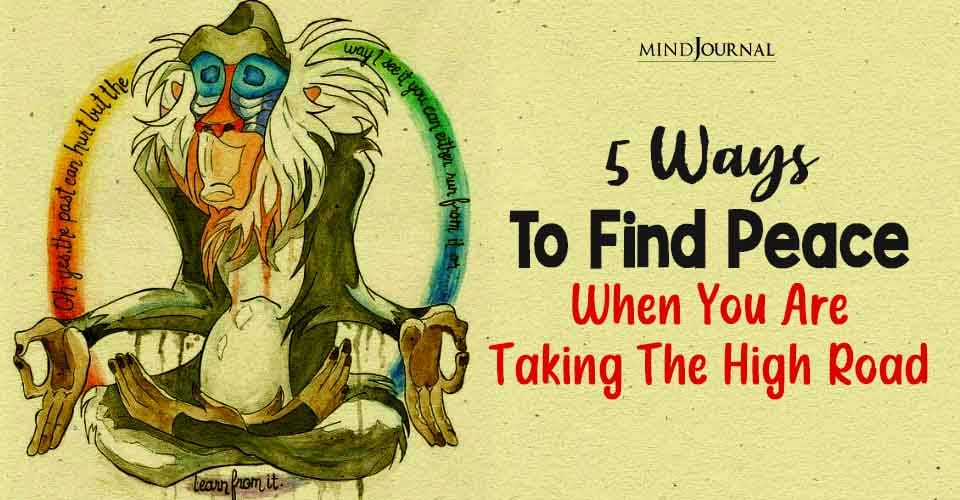Feeling lost and confused about spirituality and the “right path”? Embark on an empowering journey with us while we unveil the essence of true spirituality!
The Difference Between Spirituality and Religion

Spirituality has been a part of human life since the dawn of civilization, long before organized religion came in.
Although people still use these two concepts interchangeably, they are different from each other.
- Spirituality is a way of life that brings you closer to the creation and the Supreme Power through self-awareness and self-empowerment.
- It asks you to follow the path that feels right for you and through this individual journey, you discover your highest potential and your divine purpose in life, and form a personal relationship with the Source (God/Goddess/Universe/Spirit).
- Spirituality relies heavily on Karma and asks us to learn from the mistakes we make along our journey. It shows us that our actions have consequences and if we can identify the lessons, we can change our Karma. It gives us hope.
- It doesn’t shame us for our instinctive needs, but rather encourages us to embrace the divine duality within us (divine masculine and feminine) and worship the Divine Feminine as the Mother Goddess.
- Spirituality nudges us to be grateful for our blessings and teaches us to manifest our desires through gratitude, a positive mindset, and willpower.
- Spirituality talks about rebirth and reincarnation, soul contracts, soulmates, and divine connections, all of which point to the fact that we are powerful souls who have an active role in deciding our destiny.
Read: 21 Signs You’ve Met Someone From A Past Life
- We decide who will we be, whom will we partner with, and what lessons we will master as human beings. Spirituality talks about Star Seeds, intergalactic life, and endless possibilities.

While on the other hand, religion gives you Dos and Don’ts to follow with warning of eternal punishment and promise of heavenly bliss. It tells you what is right and acceptable and what is not. You cannot question.
You have to bow down to men of God, dress in a certain way, follow a particular dietary practice, or perform painful rituals, just for the sake of tradition.
Read: 7 Differences Between Religion and Spirituality
What Is True Spirituality?
The fact is the term “Spirituality” has found a place in our modern culture and more and more people are exploring their spiritual roots, going back to the ancient ways, and breaking the shackles of dogma and repression.
As a result, many groups and leaders and people with vested interests are trying to sell their beliefs and way of life under the garb of “spirituality” to gullible people. Therefore, many are struggling to find their way and grasp the right meaning of spirituality.
The following points can be used as measures of true spirituality and a guide toward the understanding of what spirituality truly signifies.
1. Purpose
Spirituality is a quest for uncovering the real meaning of life and living in harmony with the universe. There is no conflict. There is no judgment or shame. Live your life and learn from your experiences. Follow your intuition instead of doctrines.
2. The Focus Is Inward
It’s not about following a specific belief system or code of conduct. It’s about finding your authentic inner truth and establishing harmony and balance within oneself, regardless of one’s external circumstances.
It’s a personal journey that requires self-reflection, introspection, and a commitment to living a life of purpose and meaning.
3. Unifies, Not Separates
Spirituality asks you to cultivate and nurture emotions such as love, compassion, empathy, forgiveness, and gratitude.
These qualities enable us to connect with others on a deeper level and foster a sense of unity and belonging. Spirituality is about recognizing that we are all interconnected and that our actions have a ripple effect on the world around us.
4. Mindfulness
One of the key aspects of spirituality is mindfulness. It is the practice of being fully present in each moment.
It’s about being aware of one’s thoughts, feelings, and surroundings, and learning to accept them without resistance. Mindfulness helps us to connect with our inner selves, understand our emotions, and develop a sense of inner peace.
When we practice true spirituality, we don’t depend on answers from the outside, we discover insights from within!
5. Exploring The Shadow Self
True spirituality also involves self-exploring, self-acceptance, and self-improvement. It’s about questioning our beliefs, values, desires, and assumptions and understanding them with an open mind.
It’s about facing our limitations, fears, and insecurities and learning to overcome them. It doesn’t ask us to look away from the darkness that lurks within and without us.
Only by exploring our inner darkness and accepting who we are, we can understand ourselves better, and make positive changes in our lives.
Read: Finding Harmony: How to Recognize When You Have Balanced Shadow and Light Within Yourself
6. Altruism
Another essential aspect of spirituality is service to others. It is not about being self-centered or solely focused on one’s own spiritual growth.
It’s about making a positive impact on others. Service to others can take many forms, such as volunteering, donating to charity, or simply being kind and compassionate to those around us.
Spirituality makes us aware of our impact on the world, environment, and climate. It encourages us to take accountability as mankind for our greed and ego, that result in war, genocide, climate change, poverty, repression, gender bias, and other social evils.
Read: What Is Spirituality?
What The Religious Leaders Have To Say: True Spirituality Books
The essence of spirituality has found support in the work of several notable religious leaders who look beyond tradition to form a relationship with God.
Francis Schaeffer’s True Spirituality is one such example. The book True Spirituality by Francis A. Schaeffer reflects the author’s views as a devout Christian.
He emphasizes exploring our conscience, thoughts, relationships, and psychological problems (everything that makes us whole) if we want to understand the Divine.
“…Moral battles are not won in the external world first. They are always a result flowing naturally from a cause, and the cause is in the internal world of one’s thoughts.” writes the well-known American theologian Francis A. Schaeffer in his book.
Living On The Edge: Dare To Experience True Spirituality by Chip Ingram is another case in point, where the revered Christian pastor says that spirituality in its true form relies on
- gratitude
- our authenticity
- and inner balance
rather than external institutions, customs, and situations.
It’s The Journey, Not The Destination
Spirituality is a lifelong journey that keeps offering opportunities to learn, unlearn, and relearn our values.
But most importantly, it pivots around the beliefs that the real power is always within you and there is no one truth!

There are as many paths as there are seekers. So, you don’t have to blindly trust our words, go ahead and forge your own way to discover the true meaning of spirituality.











Leave a Reply